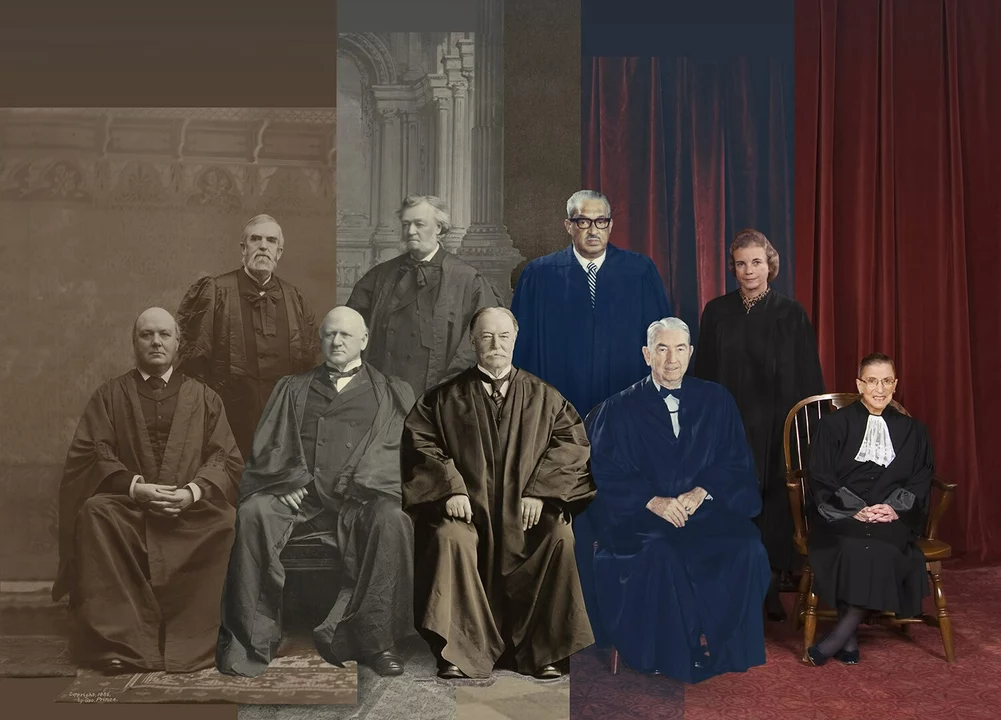Government Role – Why It Matters to You
Ever wonder why you pay taxes, vote, or follow new rules? It's all about the government’s role in keeping things running. From schools to hospitals, the government decides how resources are shared, what laws protect you, and which projects get built. Understanding this role helps you see where your money goes and how you can make a difference.
Key Areas Where Government Steps In
First, education. The government funds public schools, sets curriculum standards, and runs scholarship programs. Those decisions affect what subjects you learn, how long your school day lasts, and whether you get free textbooks.
Second, health care. Public hospitals, vaccination drives, and insurance schemes are all government‑driven. When a new health policy rolls out, it can lower the cost of medicines or bring doctors to remote villages.
Third, jobs and the economy. Minimum wage laws, job training centers, and business incentives are tools the government uses to create employment. If a factory opens nearby, chances are a government scheme helped make that happen.
Fourth, safety and infrastructure. Roads, streetlights, police, and fire services are built and maintained by the state. A well‑planned road network reduces travel time, while effective policing keeps neighborhoods safe.
Finally, social welfare. Pension plans, unemployment benefits, and food distribution programs protect the most vulnerable. These programs can be the difference between hardship and stability for many families.
How You Can Connect with Your Government
Knowing the government’s role is one thing; using that knowledge is another. Start by checking local council websites for updates on projects that affect your area. Most cities now offer mobile apps where you can report potholes, request waste collection, or give feedback on public services.
Voting is the most direct way to influence government decisions. Research candidates’ promises on education, health, and jobs before you head to the polls. Even a single vote can tip the balance in close elections.
Attend town‑hall meetings or public hearings. These gatherings let you hear officials explain new policies and give you a chance to ask questions. Bring a friend, take notes, and don’t hesitate to speak up.
Use social media wisely. Many government departments post announcements on platforms like Twitter and Facebook. Following them keeps you in the loop and sometimes lets you comment directly on proposals.
Finally, volunteer for community programs. Whether it’s a literacy drive or a clean‑up event, volunteering shows you care and gives you a firsthand look at how policies work on the ground.
Understanding the government’s role isn’t just for political junkies. It’s about knowing why your streetlights turn on, why your school has certain textbooks, and how you can help shape the services you rely on every day. Stay curious, stay engaged, and you’ll see the impact of good governance in your own life.
In earlier rulings, the Supreme Court emphasized the importance of government's role in upholding the fundamental rights of citizens and ensuring a fair balance of power. The Court also highlighted that the government should act as an unbiased mediator and create laws that are in the best interest of the public. Additionally, the Supreme Court stressed the necessity for transparency and accountability in government actions to maintain the integrity of the democratic system. Furthermore, the Court has reiterated the importance of adhering to constitutional principles and safeguarding the liberties of citizens. In essence, the Supreme Court has consistently reminded the government of its responsibilities and its obligation to serve the people fairly and justly.
Latest Posts
Two Solar Eclipses in 2025, Neither Visible From India — Dates, Times, and Religious Implications
Nov 21 2025
 Government & Politics
Government & Politics